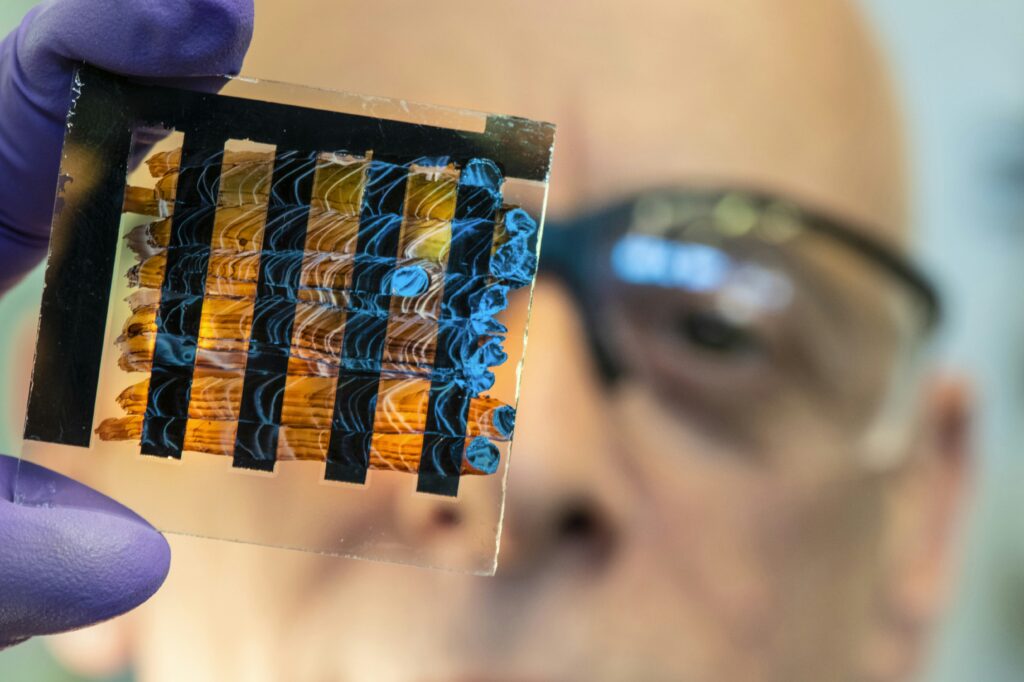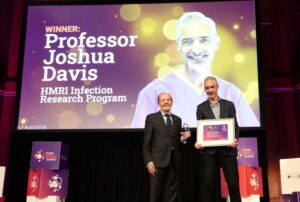
In a groundbreaking study published in the journal JNeurosci, researchers from the University of Trento have revealed new insights into how the human brain acquires semantic, impersonal information. This study, led by Scott Fairhall, utilized functional magnetic resonance imaging (fMRI) to explore the brain’s activity as it processes new factual information, offering a fresh perspective on cognitive functions.
The research involved 29 volunteers who participated in a learning task designed to mimic the acquisition of impersonal facts. Participants were tasked with learning 120 fictitious facts about three imaginary civilizations inspired by fantasy works such as Game of Thrones. Nearly two days later, the researchers assessed the participants’ recall abilities through a memory test, uncovering which facts were retained more effectively.
Distinct Brain Regions and Semantic Learning
The study’s findings highlighted specific brain regions that exhibited heightened activity when processing semantic information related to places and people. These regions, distinct from those associated with personal memory recall, demonstrated a unique sensitivity to the new factual information being learned. The quality of activity in these regions was a predictor of whether participants would successfully recall the information during the memory test.
Scott Fairhall commented on the significance of these findings, stating, “These findings suggest that the mechanism for learning new facts about the world is partially distinct from the previously well-characterized brain mechanisms for remembering things that happen in our lives, which depends on different structures.”
Implications for Understanding Memory
The announcement comes as scientists continue to explore the complexities of human memory and learning. The distinction between personal and impersonal memory processes could have far-reaching implications for educational strategies and cognitive therapies.
According to cognitive neuroscientist Dr. Emily Carter, “Understanding how the brain processes different types of information can lead to more effective teaching methods and potentially aid in the development of interventions for memory-related conditions.”
Historical Context and Future Directions
This development follows decades of research into the brain’s memory systems, traditionally focused on personal experiences and episodic memory. The new findings challenge the conventional understanding by highlighting the brain’s ability to handle impersonal, factual information through separate neural pathways.
Meanwhile, this study opens the door for further research into how these distinct mechanisms can be leveraged in practical applications. Future studies could explore the potential for enhancing memory retention through targeted cognitive exercises or technological interventions.
The move represents a shift in the scientific community’s approach to studying memory, emphasizing the importance of context and the type of information being learned. As researchers continue to unravel the complexities of the human brain, these insights could pave the way for innovative approaches in education and mental health.
As the field of cognitive neuroscience advances, the implications of these findings will likely extend beyond academia, influencing how society approaches learning and memory enhancement.





